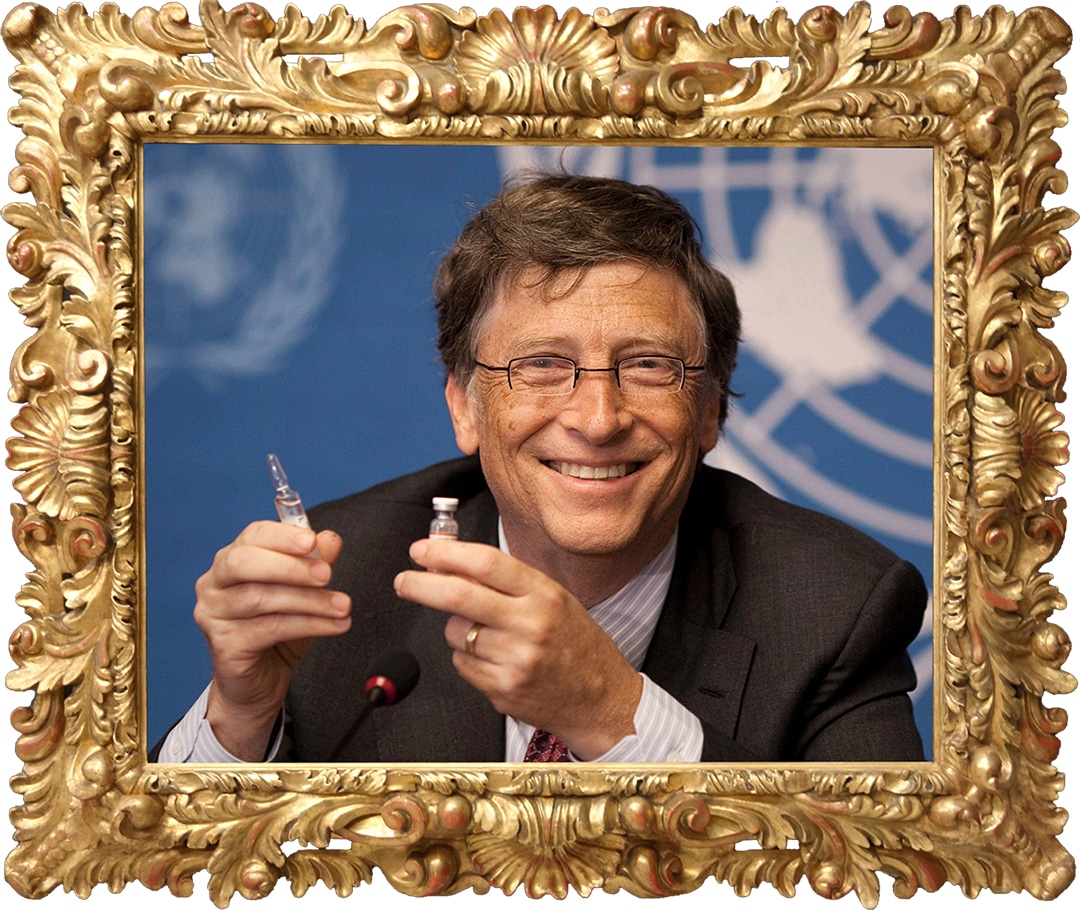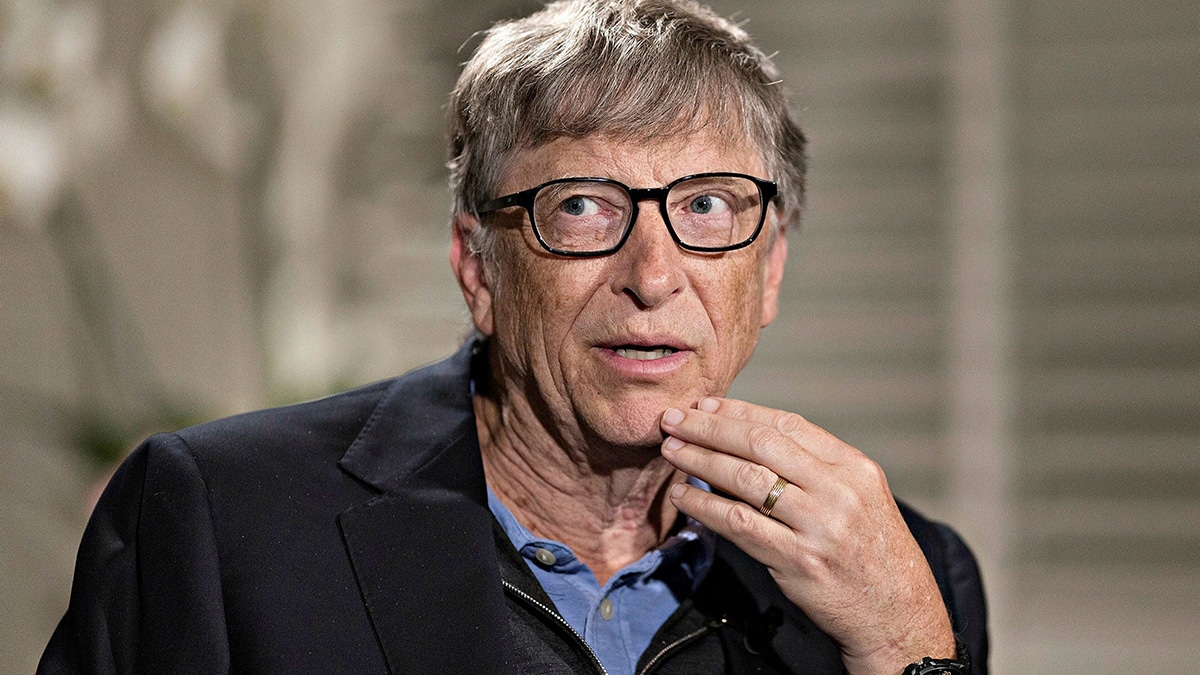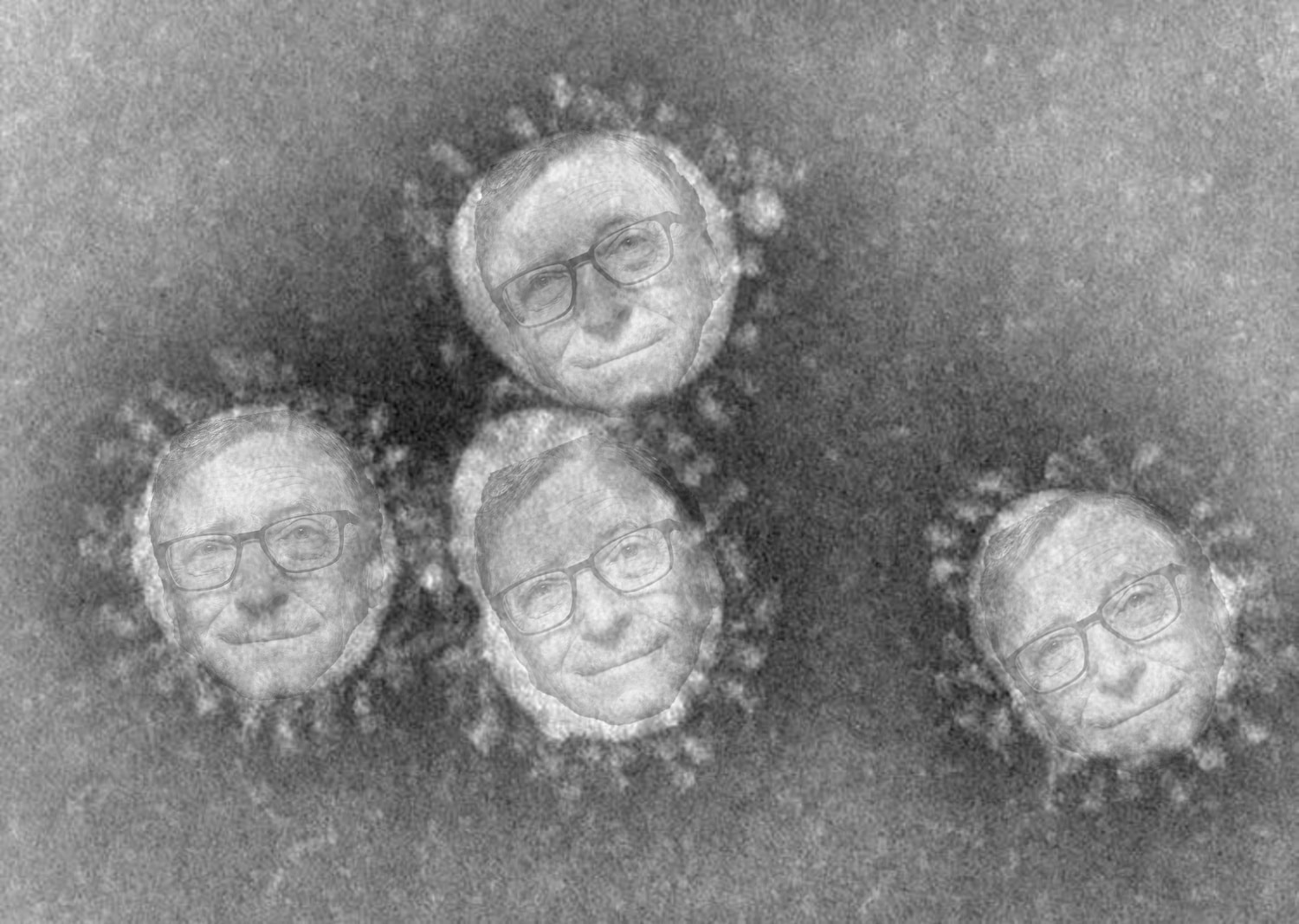
The Trump administration has placed Secretary of State Marco Rubio in control of USAID following investigations by Elon Musk’s Department of Government Efficiency (DOGE).
DOGE uncovered alarming levels of corruption of misuse of taxpayer money at USAID, prompting Trump to order the State Department to absorb the agency.
Among other bombshells, Musk revealed that USAID used tax dollars to fund the bioweapons research that developed the COVID-19 virus in a biolab in China.
However, despite the emerging controversies and scandals related to USAID, Gates said he’s “worried” about the agency being scaled back.
USAID heavily funds several of Gates’s “philanthropy” endeavors, including “vaccine” experiments on third-world citizens.
Gates told “The View” that cutting back on USAID’s powers could result in “literally millions of deaths.”
He specifically took aim at Elon Musk, who is leading DOGE’s investigations into USAID.
“Well, Elon, his private sector work, you know, has been very innovative, really fantastic,” Gates said.
“A lot of private sector people, when they get into government they don’t take the time necessarily to see what the good work is or why it’s structured the way it is, so I’m a little worried, particularly with this USAID stuff.”
Gates responded to a question from co-host Sara Haines about Musk’s role in the U.S. government.
Musk had described USAID as a “viper’s nest of radical-left Marxists who hate America.”
He argues that the agency is like a “ball of worms” that needs to be “shut down.”
“My foundation partners with USAID on nutrition and getting vaccines out and, you know, there’s incredible people,” Gates said.
“You know, they’re not actually worms that work there.
“So, you know, hopefully, we’ll get some of that work back in shape.
In fact, if we don’t, you know, you could have literally millions of deaths.”
“So, with aid, people think, you know, wow, how much do we give to these countries, as you said, it’s less than a percent,” he added.
“People think it’s 5%, and it should be 2%, but it’s actually under 1%.”






0 Comments